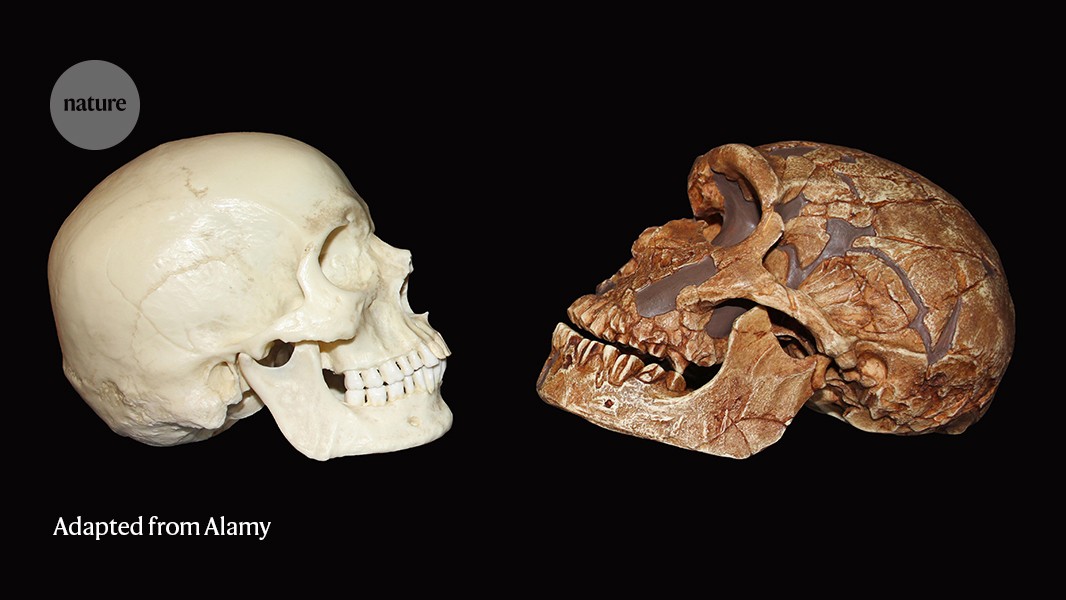- Joined
- Aug 24, 2017
- Messages
- 5,857
Evolution is way too much speculation to take seriously, so not going to take that seriously.It’s well documented that both Homo Saipan and Homo Neanderthalensis had larger brains than modern humans eating essentially hyper-carnivorous diets.
How does this sentence - "The body can make its own glucose on a low-carb diet, but cortisol (the driver of gluconeogenesis) has potent anti-metabolic effects in the brain." - say that gluconeogenesis is anti-metabolic?Gluconeogenesis does not have “anti-metabolic” effects in the brain, but rather a restructuring of metabolic pathways.



